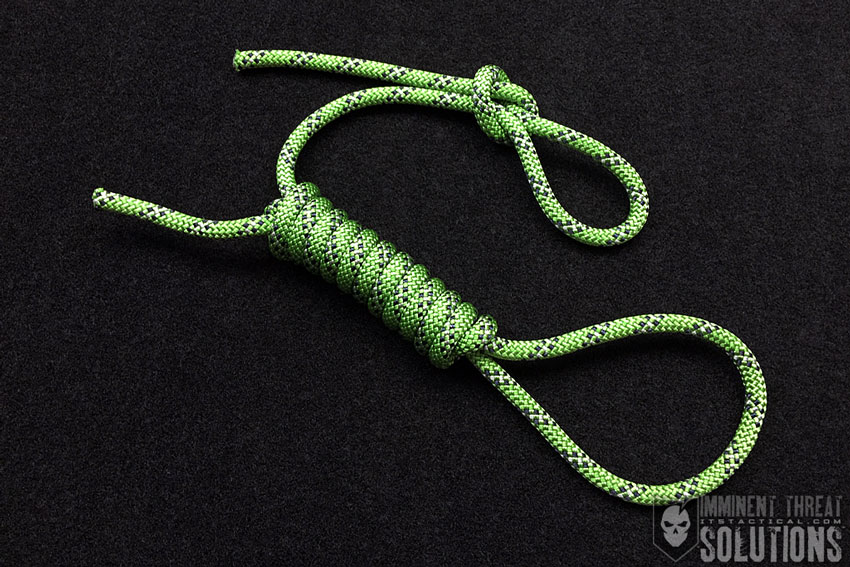
Before you jump to conclusions about the legitimacy of the Hangman’s Noose, I’d like to start this week’s Knot of the Week HD by addressing that line of thought up front. Was the Hangman’s Noose designed for execution? Yes, it was also called Jack Ketch’s knot, named for the seventeenth-century executioner from England employed by King Charles II. This doesn’t mean that this knot should be avoided because of its history, just that we’re not advocating it here for it’s namesake.
The Hangman’s Noose was utilized for executions because it was extremely effective in withstanding heavy shock-loading to a rope when tied. There are many different applications for the noose, including one end of a tie-down in a truck, or as an easier alternative to some fishing knots. The benefit of the Hangman’s Noose is that it’s a continuously-tightening knot, so rather than use a Bowline or Taught-Line Hitch, which are a fixed-loop and adjustable-loop respectively, using the Hangman’s noose would ensure any pull on the loaded end would only serve to make the connection stronger.
Hangman’s Noose » Loops
(Strength: 5/Security: 5/Stability: 4/Difficulty: 3) See below for what these ratings mean.
I’ve also tied a standard Noose in the video to demonstrate the weaker alternative to the Hangman’s Noose, when comparing ratings, the standard Noose only ranks a “2” on strength and security. It’s extremely easy to come untied and I don’t recommend it as much of an alternative at all. More so for small line and light loads.
Ratings
Strength/Security/Stability/Difficulty
Each knot will be assigned a rating from 1-5 (1 representing the lowest score) based on the following four properties:
Strength – All knots will weaken the strength of a rope, however, there are knots that are stronger than others. The scale here will reflect how strong the rope remains with the specified knot.
Security – The security scale refers to how well the knot will stay tied, and resist coming loose under a normal load.
Stability – Stability refers to how easily the knot will come untied under an abnormal load (i.e. the knot being pulled in a direction it was not intended to) A lower score here represents instability.
Difficulty – The lower the number, the easier a knot is to tie.
